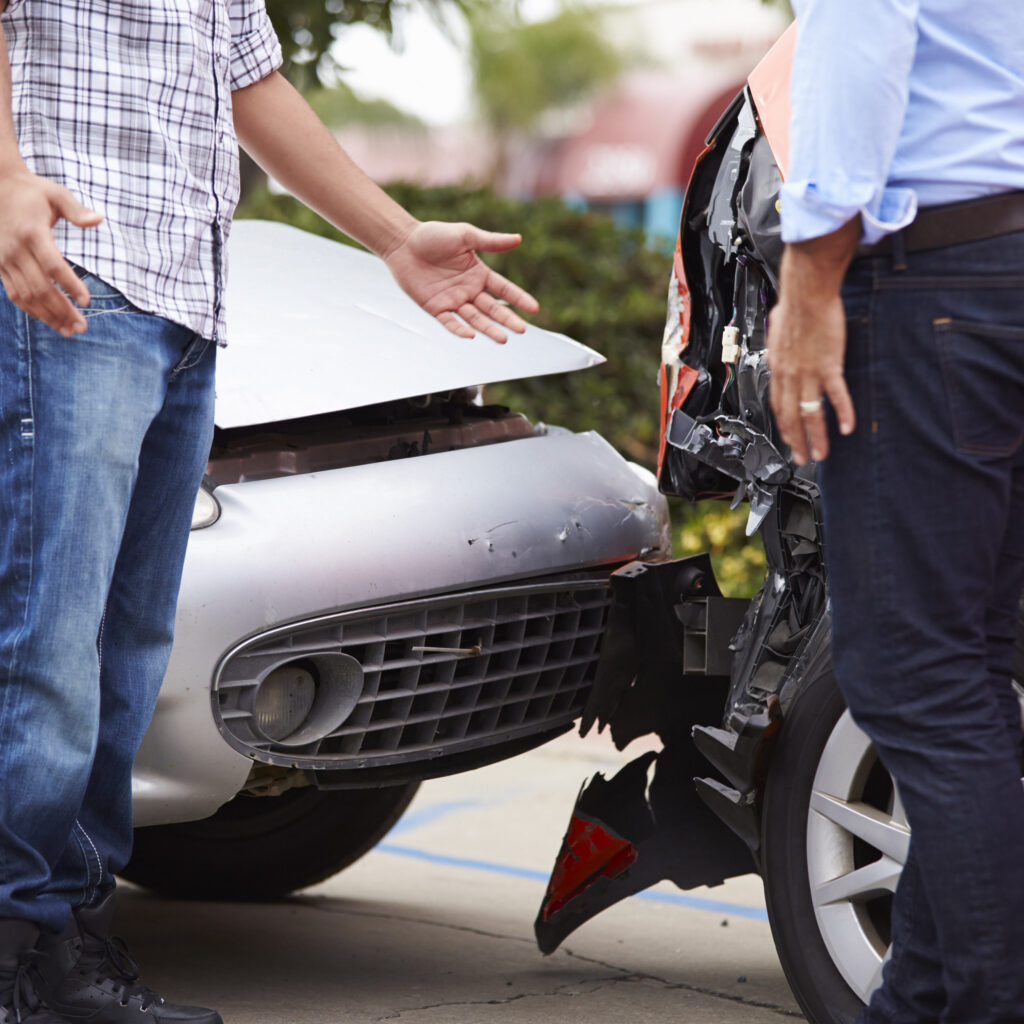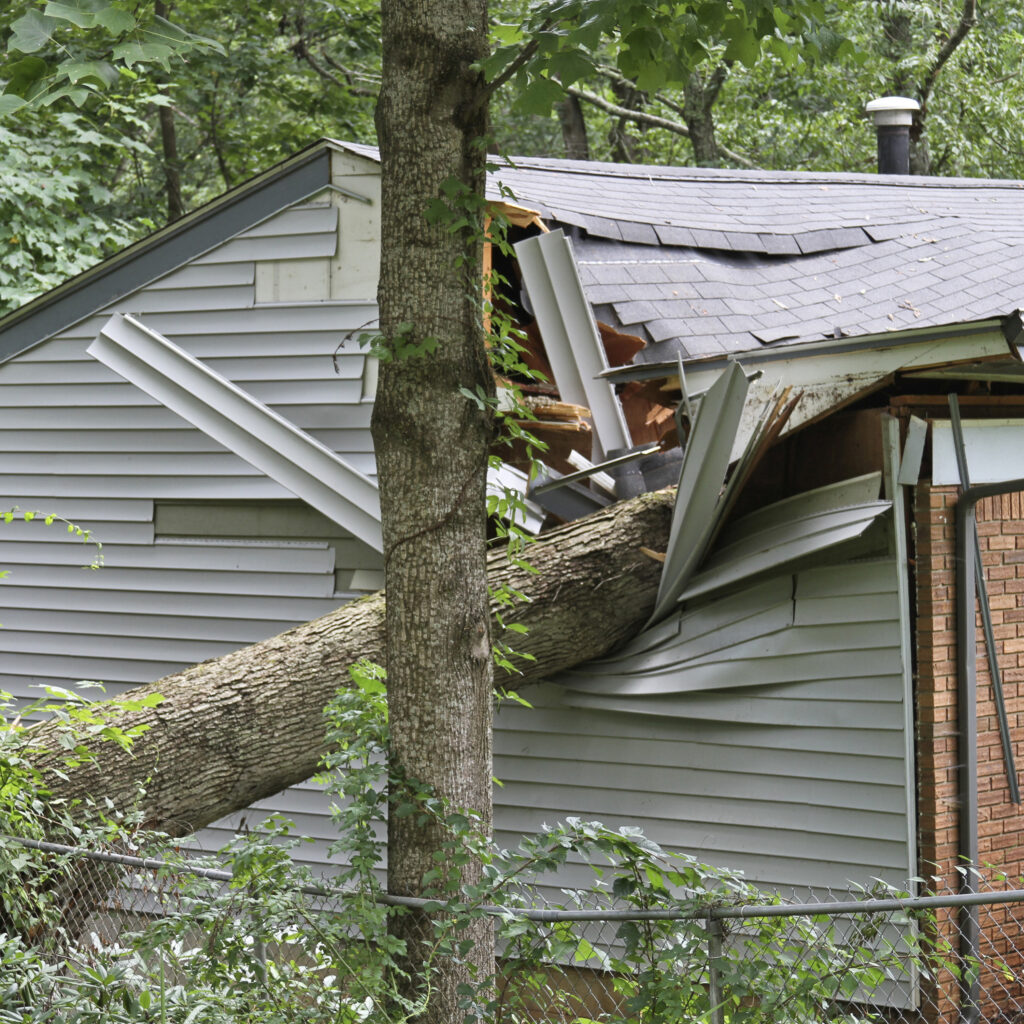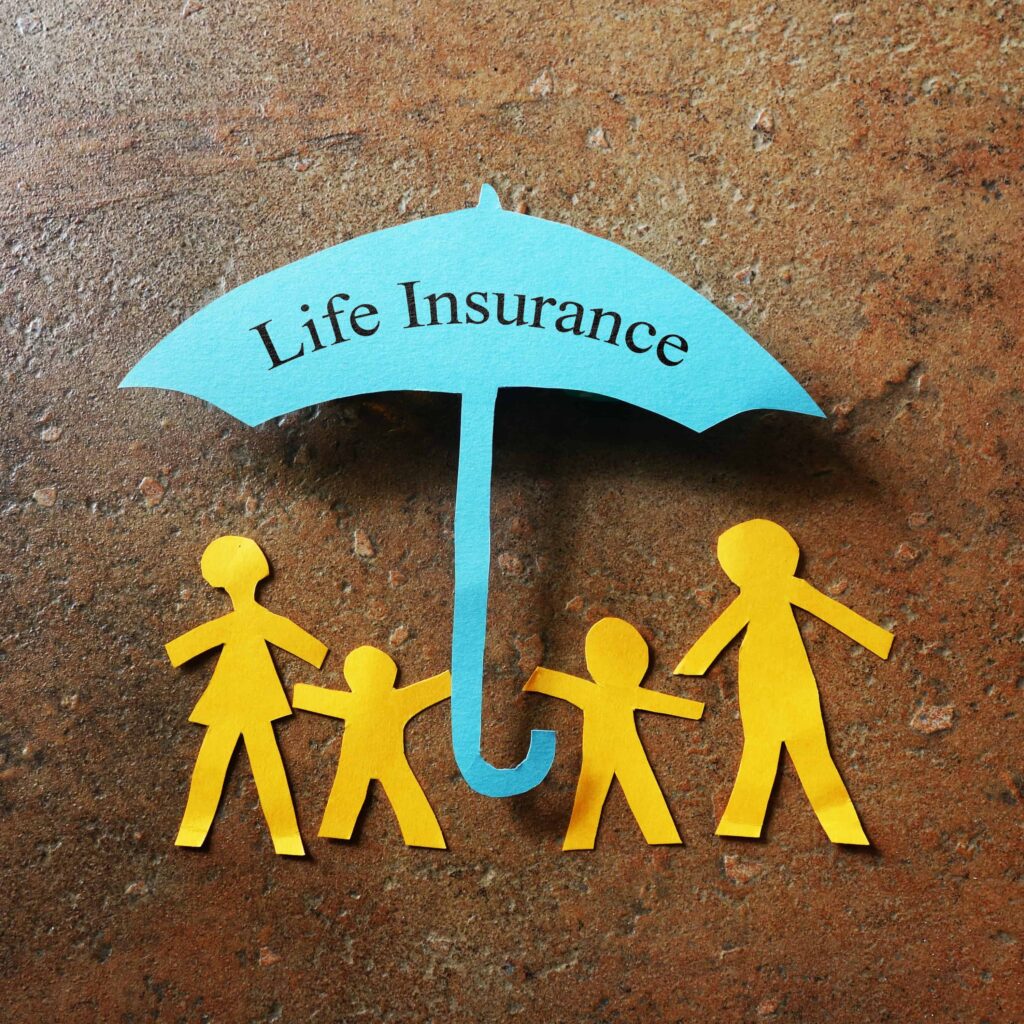INSURANCE

PROTECTION AGAINST WHAT-IF
Did you ever pack a sweatshirt in your beach bag? Or bring an extra can of balls to the tennis court? Is there a spare tire in your car? All these are like insurance: they are there just in case you need them. But instead of keeping you warm if the day gets chilly, insurance safeguards you and your family against serious events – accidents, fire, flood, illness, even death. The insurance you purchase helps you with the financial costs of recovering from the unforeseen.
That’s why people buy insurance – because it helps them handle the ‘what-ifs’ that life may bring.
Your first experience with insurance will probably be a policy to cover your car. As you acquire other valuable possessions, a home, family, you will most likely buy other insurance too. In this section we’ll take a look at the most common types of coverage.



AUTO INSURANCE
YOUR KEY TO SAFE DRIVING
You’ve scrimped, saved, worked hard, and finally you have the money to buy a car. Before you plan that first road trip, make sure you insure that vehicle. That’s not just a smart idea, it’s a requirement in most states. In case of an accident, your policy will help pay for:
- Damage to your vehicle from a collision, vandalism, hail, and theft
- Medical treatment for you and/or anyone else that was hurt
- Damage that your vehicle might have done to another car or property
When you first begin driving you’ll probably be insured under your parents’ policy (which will spike in cost.) And if you have your own car, the rates can really skyrocket. So be sure to budget for insurance when you’re approaching driving age. The good news is, after three years of safe driving (no accidents and no tickets) your rates will begin to get lower.
How much insurance do you need? Check out our chart of minimum state requirements, in the Know More section.


REDUCING YOUR COSTS
WAYS TO AVOID INSURANCE STICKER SHOCK
Face it: as a young driver, you’re a pretty big risk to insurers. So your policy will cost a lot more than it would for a proven, mature driver. That said, there are lots of things you can do to ensure you get the lowest rate.
- Get good grades – honor roll students often get discounts
- Take a safe driving course – at school or maybe through your insurance company
- Choose your car wisely – older cars, built-in safety features, 4-door models, and security systems can earn discounts
- Consider raising your deductible
Most important: maintain a perfect safety record.
LIFE INSURANCE
HELP THEM CARRY ON WHEN YOU’RE GONE
This is probably what comes to mind when you think of insurance. Basically, your life insurance policy provides money (called a benefit) to your survivors, in the event of your death. You decide the amount of money, and the beneficiaries. A beneficiary is anybody who profits from something, such as a trust, will or life insurance policy. Besides choosing your beneficiaries, you can decide on stipulations – such as requiring the person to be a certain age before receiving funds. Your insurance pie doesn’t have to be cut into equal servings. You can stipulate a specific amount of money to leave for each beneficiary. The cost of your policy depends on the payout amount, and other factors including your age and health.
There are two basic types of life insurance: term and whole life. Term is the simplest and most affordable. You buy a policy for a specific length of time, such as 10, 20 or even 30 years. If you pass away during the term of your policy, your beneficiaries receive the cash benefit. If you are still alive and kicking when your term ends, the coverage ends, and you have to buy another policy if you want to continue the protection.
Whole life insurance has a ‘cash value’ component that grows throughout the years that you own your policy. You can actually withdraw the cash value or take out a loan against it. But should you die before you repay, the amount you owe will be subtracted from your beneficiaries’ death benefit.
The good news is, statistics show that you have many years of living ahead of you. Just check out our Lifetime Table from the US Census and Social Security Administration.





HEALTH INSURANCE
TAKE THE PAIN OUT OF PAYING FOR TREATMENT
Everybody knows how expensive medical care can be. Doctor visits and prescriptions cost a lot. And the cost of a long illness or hospital stay can be astronomical. Here’s the remedy: health insurance. Right now, you are probably covered under your parents’ policy. When you’re 18 and working, your employer may offer you health coverage. Or you may need to buy it on your own.
Why would a healthy 18 year old need health insurance? Because accidents happen. Ride a bike? You can fall off and break an arm. Got tonsils? They may need to come out. Hang around other people? You can catch bronchitis. Rather than have your finances devastated by illness or accident, a health insurance policy helps pay for the costs of any medical care you may need.
You get to choose how much insurance to buy. For example, you may want coverage just for large expenses such as surgery or hospital stays. The more coverage you have, the greater the cost of your policy. But the lower your coverage the more you must pay out of pocket for uninsured services. So as you get older and your health needs change, you will probably choose a policy that provides greater coverage to you and your family.
HOMEOWNERS INSURANCE
PROTECTING WHERE YOU LIVE AND WHAT YOU LOVE
A house is probably the largest purchase people make. If an earthquake, fire, flood or other disaster happened, would your folks have enough money on hand to rebuild the house? For most people, the answer is no. Yet a home insurance policy, which almost anyone can afford, would probably cover most of the cost of replacing that house.
But a homeowners policy isn’t just for catastrophic loss. It also covers less expensive, less extensive, damages, such as if a tree poked a hole through the roof. Or neighborhood kids hit a baseball through the window. Or burglars stole your TV, electronics and priceless art collection. In short, a homeowners policy protects the house you own (or the place you rent) and the stuff inside it.
Like most insurance policies, you can decide the amount of coverage you want to buy. If you don’t think it’d cost a lot to repair/replace your place, you may not need an expensive policy. But if you’d prefer a lot of financial help, or if you have a very expensive home or own valuable items, your homeowners insurance will cost more.


DISABILITY INSURANCE
STAYING ABLE WHEN YOU’RE DISABLED
If a pro ball player is out for the season with a bad knee, he keeps getting paid, thanks to his contract. But if a regular worker became sick or unable to do his/her job, chances are the paychecks would stop. Research shows that most Americans whose income stopped and lived solely on savings could last about one month before financial difficulties set in.
Anyone who relies on their income (and that’s practically all of us) really needs disability insurance. It helps replace that lost paycheck while you are ill, recovering from surgery, or in some cases, when the disability is permanent, it ensures a cash flow for the rest of your life.
Since it is income-related, you will probably be able to get disability insurance at work, through an employee group plan. You may also want to look into buying a policy on your own, so you stay covered even if you leave your job.



KNOW MORE
The more you know, the farther you will go! Continue the learning with these resources:
Teen Driving:
www.driveithome.org
National Safety Council:
www.youtube.com/watch?v=SHtseucaPTo
Young Person’s Guide to Health Insurance:
www.uspirg.org/resources/usp/young-persons-guide-health-insurance
Health Insurance Quiz for Teens:
www.kidshealth.org/en/teens/hcare-quiz.html
Will I Hit 100 Quiz:
www.myabaris.com/tools/life-expectancy-calculator-how-long-will-i-live/
